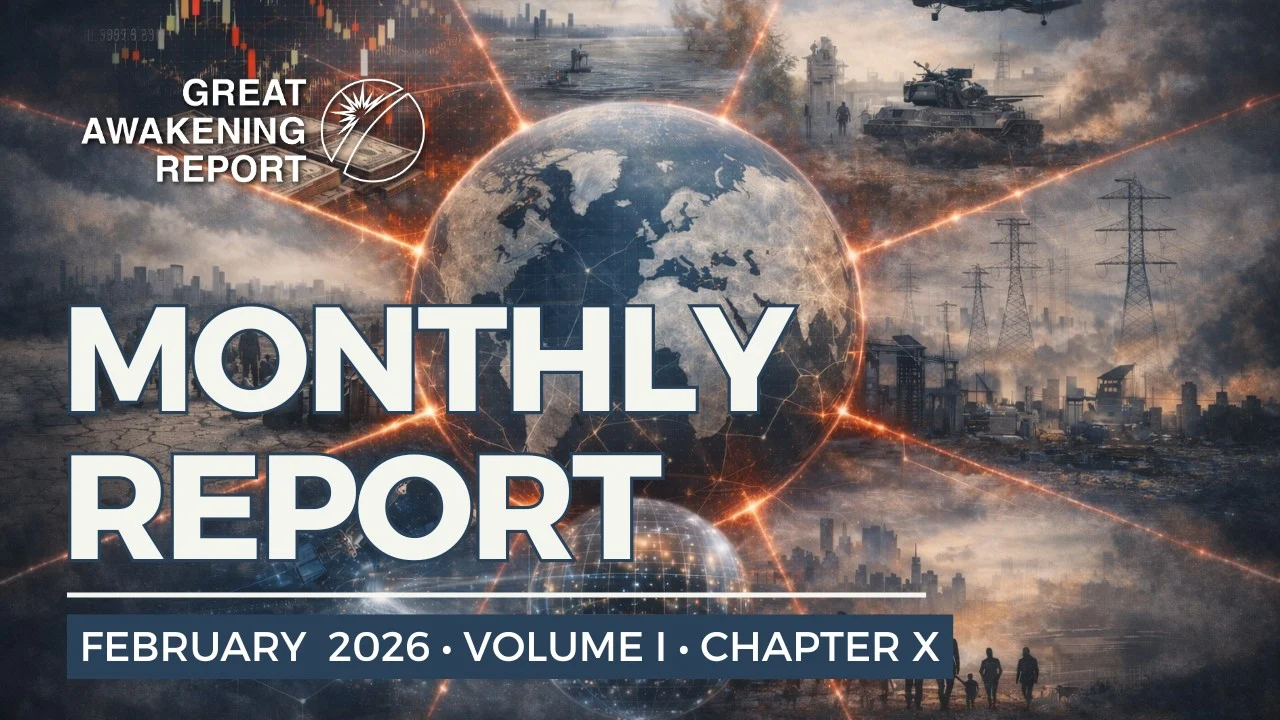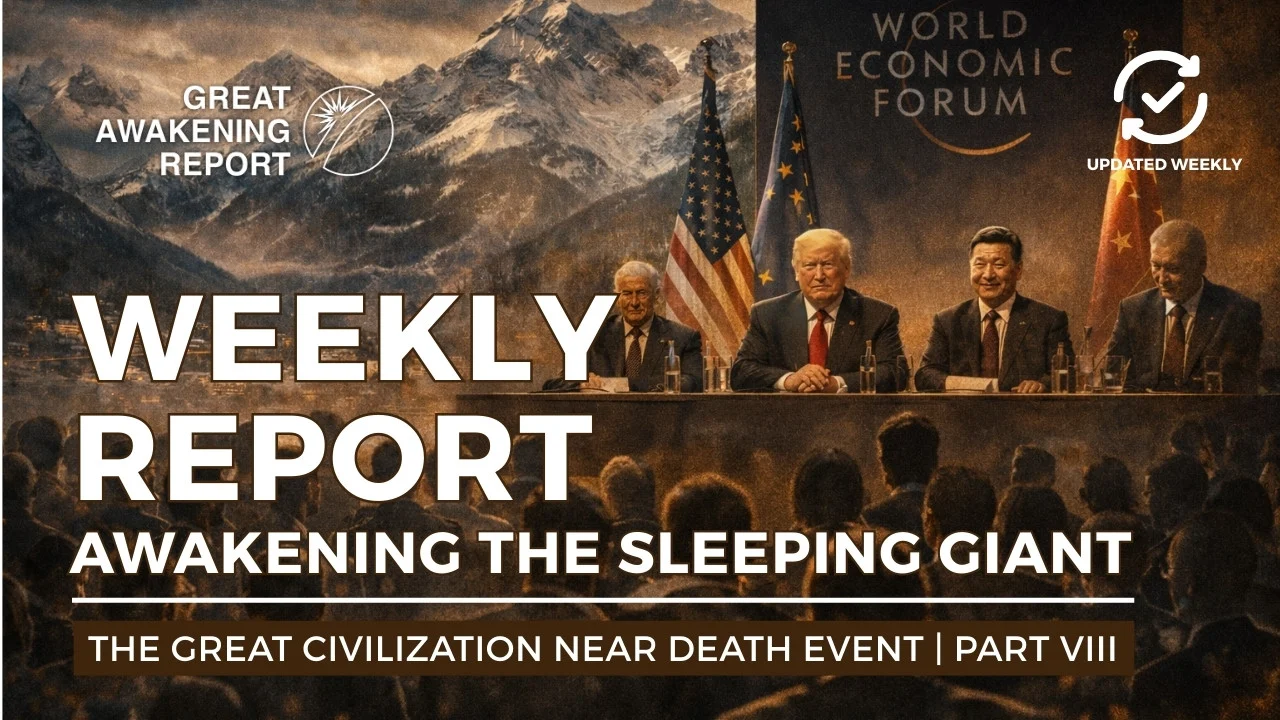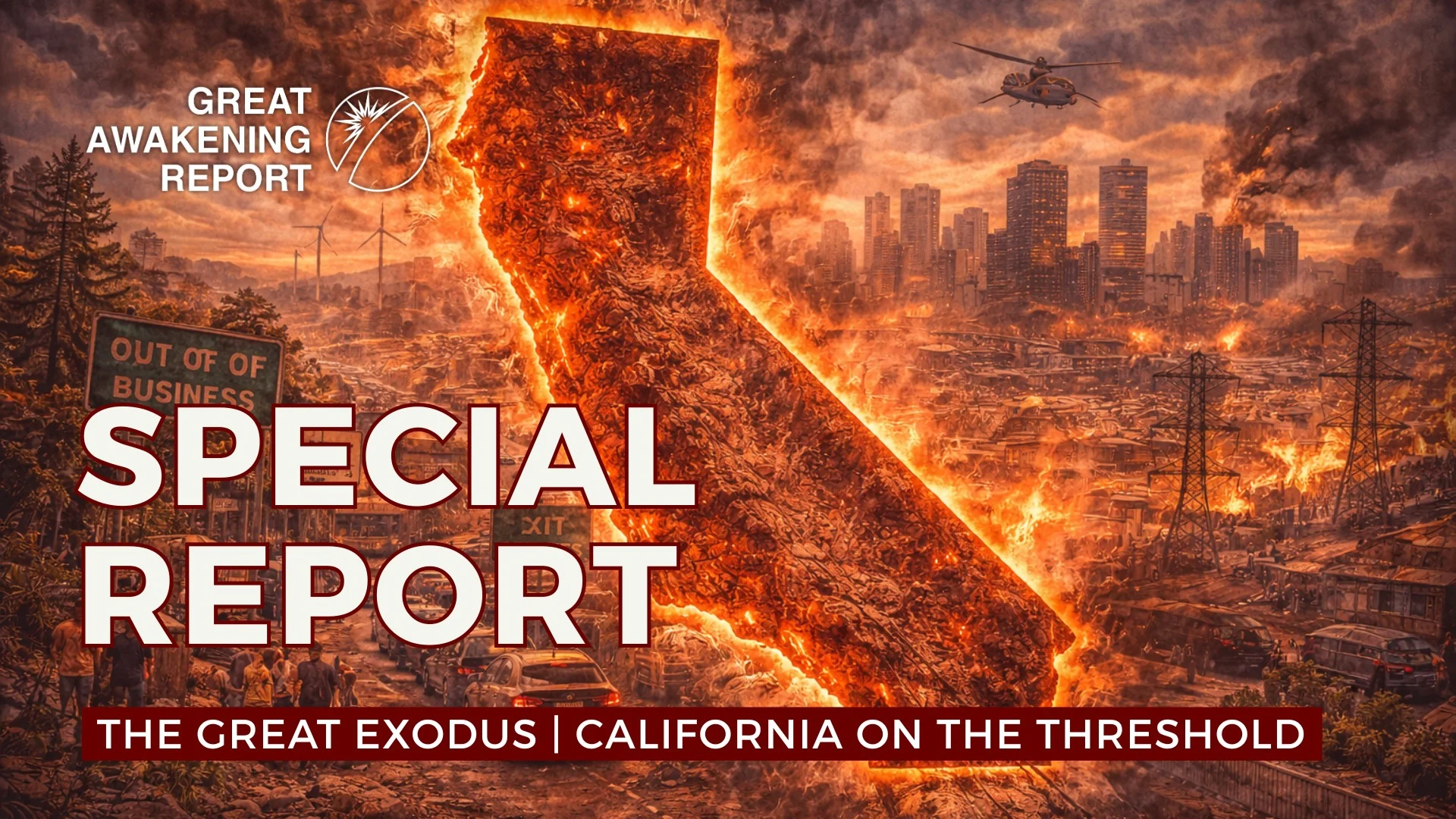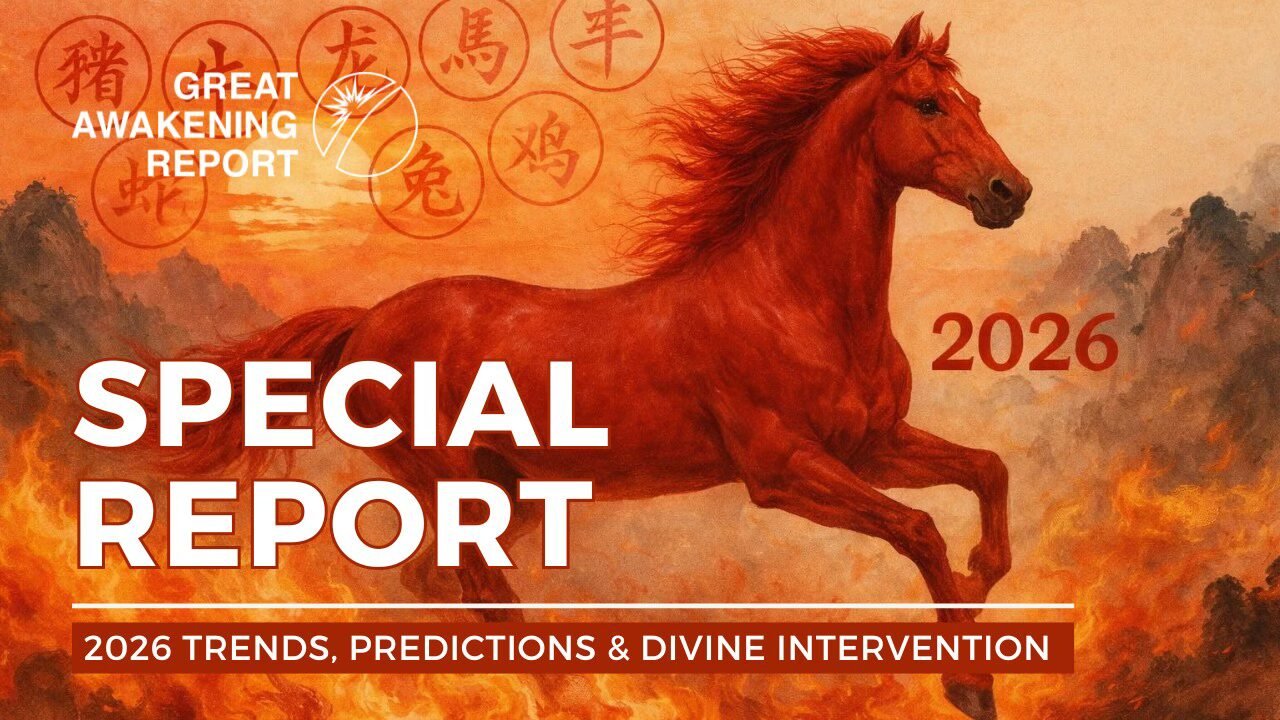Help Us Bypass Censorship. Share This.
Introduction to Economic Sovereignty
Economic sovereignty extends beyond policy independence—it represents a nation’s ability to reclaim authority over its own wealth creation, currency, and resource distribution. In an age dominated by centralized financial institutions and global debt structures, this sovereignty has become increasingly eroded.
In today’s interconnected world, economic sovereignty plays a critical role in ensuring that nations can protect their interests against the tumultuous tides of global finance. Countries with strong economic sovereignty can pursue tailored fiscal policies that prioritize local needs, promote sustainable growth, and maintain financial stability amid global economic shocks.
The importance of economic sovereignty is underscored in the context of rising debt levels that many nations contend with. When a country relies heavily on foreign loans or investment, it risks ceding control over its economic policies to supranational institutions and private financial networks, which can lead to unfavorable terms and conditions that do not resonate with the needs or priorities of its populace. By reinforcing economic sovereignty, nations can strive for a balanced approach to debt management, fostering resilience and independence in their economic systems.
Moreover, initiatives aimed at strengthening local economies—such as investing in domestic industries and prioritizing local employment—are essential for enhancing economic sovereignty. This shift not only bolsters financial independence but also contributes to social stability, laying the groundwork for a more equitable distribution of resources.
As nations and citizens awaken to how these systems perpetuate dependency, a movement toward localized economies and financial autonomy is emerging—a quiet revolution challenging decades of global economic consolidation.
The Mechanics of Debt Economics
Modern debt economics has evolved into a system that simultaneously enables growth and enforces dependence. Debt functions as both a tool and a tether—financing development while quietly binding nations and citizens to a perpetual cycle of repayment and control.
At its most basic level, debt allows resources to flow through time, empowering governments to fund infrastructure, social programs, and innovation. When managed responsibly, this borrowing can generate prosperity, employment, and stability. Strategic investment in essential industries and public works can strengthen economies and uplift communities.
Yet beneath this productive façade lies a deeper imbalance. Excessive borrowing transforms from opportunity into obligation. Nations burdened by unmanageable debt find themselves constrained by external creditors, financial institutions, and policy “recommendations” that often prioritize repayment over public welfare. The mechanisms of interest-bearing currency and fractional-reserve banking ensure that more money is owed than exists—locking entire economies into a cycle of dependency.
As global markets became increasingly interconnected, this system grew self-reinforcing. Financial shocks in one region can now trigger cascading crises across continents, as seen in 2008 when speculative excesses in one sector rippled through the entire global economy. Behind the scenes, centralized financial networks and supranational institutions exert growing influence over national policy, subtly dictating fiscal behavior through lending conditions, credit ratings, and capital flows.
For individuals, the impact manifests in higher taxes, reduced services, and austerity measures—all imposed to maintain confidence in a system designed to serve its own continuity. The promise of shared prosperity too often becomes a mechanism for wealth extraction, as money is created through debt and returned to those who control its issuance.
True fiscal sovereignty requires breaking this pattern—redefining debt as a temporary instrument rather than a permanent state of dependence. Nations that cultivate transparent monetary systems, prioritize local production, and limit exposure to speculative global finance can begin reclaiming control over their economic futures.
The Quest for Financial Independence
True financial independence begins when individuals step beyond systems designed to keep them in cycles of debt and dependency. Entrepreneurship, localized trade, and decentralized technologies like blockchain are redefining how value is created and exchanged. As more people reclaim control over their finances, a collective shift unfolds—away from extractive institutions and toward self-sustaining, values-based economies.
Entrepreneurship fosters independence by allowing individuals to create wealth on their own terms. Starting a business enables personal expression and innovation, aligning financial success with personal values and passions. Resources such as the Great Economic Awakening report provide insights and strategies to navigate this path.
Investing in stocks, bonds, or real estate can also serve as a means to generate wealth and achieve financial independence. Understanding the intricacies of investment markets through educational resources equips individuals with the knowledge necessary to make informed decisions. This aligns with the idea of reclaiming financial sovereignty, as wise investment leads to reduced reliance on traditional employment.
Additionally, alternative financial practices, such as cryptocurrency or cooperative economics, offer innovative ways to accumulate wealth while fostering community ties. Cooperative models emphasize collaboration, where community members collectively own and manage resources. This collaborative approach not only empowers individuals but strengthens communal bonds, paving the way for collective economic growth.
Overall, the quest for financial independence invites individuals to explore diverse pathways while reclaiming their sovereignty. Through entrepreneurship, informed investing, and collaborative financial practices, people can build a resilient, empowered future. Engaging with diverse resources and communities can significantly enhance this journey.
Government’s Role in the Economic Landscape
Governments sit at a complex intersection of public trust and private financial power. While policy decisions appear sovereign, many are shaped by pressures from global credit systems, rating agencies, and institutional lenders that quietly influence the flow of capital and the terms of compliance.
The tension between national interest and external influence often forces governments into policies that serve markets over citizens. Austerity, bailouts, and “reform” packages are not isolated responses—they are surface expressions of a deeper imbalance in who truly governs economic direction. From Southern Europe to South America, nations that resisted these external pressures were often met with currency manipulation, capital flight, or coordinated media discrediting—tools used to enforce alignment with global financial orthodoxy.
Central banks, positioned as independent authorities, often step in to stabilize economies through measures like lowering interest rates or injecting liquidity. While these interventions can stimulate short-term growth, they also expand money supply and debt simultaneously—fueling inflation and deepening systemic dependency. Monetary easing becomes a temporary salve that delays rather than resolves structural imbalance.
Sovereignty remains the central issue. Nations burdened by debt must often accept policy conditions imposed by external creditors, compromising their ability to serve domestic priorities. The experiences of countries across Latin America and the European Union reveal a recurring pattern: those that deviate from prescribed financial frameworks often face swift economic retaliation under the banner of “market correction.”
Ultimately, the role of government in the modern economic landscape is less about command and control and more about navigation—steering between the demands of the people and the expectations of a global system that prizes stability over sovereignty. How leaders manage this tension will determine whether nations remain bound by debt or reclaim the autonomy to chart their own economic future.
Inflation: A Threat to Sovereignty
Inflation is more than an economic phenomenon—it’s a reflection of how centralized money creation erodes public trust and purchasing power. When a handful of private or quasi-governmental entities control the issuance of currency, citizens lose sovereignty over the value of their own labor. In this light, inflation becomes a hidden tax—a silent redistribution of wealth from the productive class to the financial elite.
True economic sovereignty requires confronting this imbalance directly. Nations seeking to protect their people from inflationary pressures can do so by strengthening the foundations of transparency, accountability, and local production. Several key principles guide this path:
- Monetary Integrity: Rather than expanding money supply indefinitely, responsible monetary management demands transparency in how currency is created and circulated. When money reflects real productivity rather than speculative debt, inflation subsides naturally.
- Fiscal Discipline: Governments must balance spending with tangible value creation, ensuring that public investment supports infrastructure, innovation, and citizen well-being rather than perpetuating debt cycles.
- Local Resilience: Building regional supply chains and prioritizing domestic production can buffer nations against global price shocks. When essentials are sourced locally, economies become less vulnerable to external manipulation.
- Investment in Productivity: Long-term stability emerges when education, technology, and sustainable industry are prioritized over financial speculation. Productive growth expands supply without inflating prices.
- Protection for Households: Fair taxation and support for essential goods help preserve purchasing power, shielding citizens from the compounded effects of inflation and currency devaluation.
Inflation, left unchecked, undermines both freedom and stability. By realigning economic policy with the principles of sovereignty and value creation, nations can restore trust in their currencies and empower citizens to reclaim control over their financial destinies.
Exploring Alternatives to Debt-Based Economies
As traditional financial systems reveal their fragility, more economists, policymakers, and communities are turning toward alternative models that emphasize sustainability, equity, and genuine independence from global debt cycles. These approaches share a common goal: to create economies that serve people and production rather than speculation and control.
One emerging model is the circular economy, which seeks to minimize waste and maximize resource efficiency by keeping materials in use for as long as possible. By reusing and recycling resources, this framework reduces reliance on extractive industries and foreign imports, strengthening national and local self-sufficiency. It also fosters innovation in manufacturing, energy, and design—fields where practical ingenuity directly translates into economic resilience.
Another promising path lies in community-based and cooperative economies, where ownership and decision-making are shared among participants rather than concentrated in corporate hierarchies. Local enterprises, producer cooperatives, and regional trade networks redirect value back into communities, encouraging stable employment and wealth retention. These systems reinforce the principle that prosperity grows strongest when it is distributed, not extracted.
Alternative exchange systems such as local currencies, barter networks, and time banking have also gained renewed relevance. By creating value independent of national or digital fiat systems, these models encourage trade based on trust, skill, and contribution. They keep commerce circulating within local economies and help shield communities from financial instability originating in global markets.
Meanwhile, decentralized technologies—including blockchain-based financial platforms—are reshaping how individuals and businesses interact economically. By removing intermediaries, these systems offer transparency and efficiency while returning control of assets and transactions to users themselves.
Some nations and regions are even exploring sovereign wealth strategies, where public funds or natural resources are leveraged to support long-term infrastructure, education, and innovation rather than short-term debt obligations. This shift marks a move from dependency on international lending toward proactive self-investment.
Collectively, these alternatives outline a future where economies can grow without being driven by perpetual debt. The goal is not to abandon global trade but to balance it—building systems that protect national interests, reward productivity, and reinforce financial autonomy. Through pragmatic reform and local empowerment, societies can begin to replace debt-dependency with durable prosperity rooted in accountability and self-determination.
Conclusion: Reclaiming the Future of Prosperity
The Great Economic Awakening is not a single event—it is an ongoing shift in awareness, responsibility, and design. Nations and individuals alike are beginning to recognize that debt-driven growth, centralization, and dependency were never sustainable foundations for prosperity. As these old systems strain under their own weight, the path forward lies in rebuilding economies that reflect autonomy, accountability, and long-term value.
Reclaiming economic sovereignty requires both courage and clarity: courage to question the institutions that have long defined financial reality, and clarity to build new frameworks grounded in transparency, production, and shared stability. The work begins at every level—from national policy to local enterprise, from government reform to personal stewardship.
If the 20th century was defined by expansion through debt, the 21st must be defined by independence through resilience. By returning the power of production, currency, and innovation to the people and nations they belong to, the world can begin to replace managed scarcity with genuine prosperity—and in doing so, chart a more stable, sovereign future for generations to come.
Sources
1. The Great Economic Awakening
2. International Monetary Fund
3. The Guardian
4. IMF
5. The Atlantic
6. Investopedia
7. Federal Reserve
8. IMF
9. McKinsey
10. Brookings
11. Forbes
12. Ellen MacArthur Foundation
13. International Cooperative Alliance
14. Great Awakening Report
15. Basic Income Earth Network
Help Us Bypass Censorship. Share This.
Have questions?
At Great Awakening Report, we are dedicated to supporting your journey toward truth and enlightenment through our specialized Coaching and Consulting services.
Coaching Services: Our coaching programs are designed to guide you through personal awakening and transformation. We offer personalized sessions that focus on expanding consciousness, uncovering hidden truths, and fostering spiritual growth. Our experienced coaches provide the tools and insights necessary to navigate your path with clarity and confidence.
Consulting Services: For organizations and individuals seeking deeper understanding and strategic guidance, our consulting services offer expert analysis and solutions. We delve into areas such as global transitions, alternative news insights, and consciousness studies to provide comprehensive strategies tailored to your unique objectives.
Embark on a transformative journey with our Coaching and Consulting services, and unlock your highest potential. To learn more and schedule a session, visit our Coaching and Consulting pages.
Thank you
Thank you to our subscribers and readers for your continued support and dedication to truth and awakening. Your encouragement, engagement, and belief in our mission make everything we do possible. Together, we are expanding awareness and helping illuminate the path forward.
If you would like to further support the Great Awakening team and our ongoing efforts to share insight, knowledge, and truth, you can DONATE HERE.
With deep gratitude,
– Great Awakening Team
DISCLAIMER: All statements, claims, views and opinions that appear anywhere on this site, whether stated as theories or absolute facts, are always presented by The Great Awakening Report (GAR) as unverified—and should be personally fact checked and discerned by you, the reader.Any opinions or statements herein presented are not necessarily promoted, endorsed, or agreed to by GAR, those who work with GAR, or those who read or subscribe to GAR.Any belief or conclusion gleaned from content on this site is solely the responsibility of you the reader to substantiate.Any actions taken by those who read material on this site are solely the responsibility of the acting party.You are encouraged to think for yourself and do your own research.Nothing on this site is meant to be believed without question or personal appraisal.
COPYRIGHT DISCLAIMER: Citation of articles and authors in this report does not imply ownership. Works and images presented here fall under Fair Use Section 107 and are used for commentary on globally significant newsworthy events. Under Section 107 of the Copyright Act 1976, allowance is made for fair use for purposes such as criticism, comment, news reporting, teaching, scholarship, and research.
COMMUNITY GUIDELINES DISCLAIMER: The points of view and purpose of this video is not to bully or harass anybody, but rather share that opinion and thoughts with other like-minded individuals curious about the subject.










